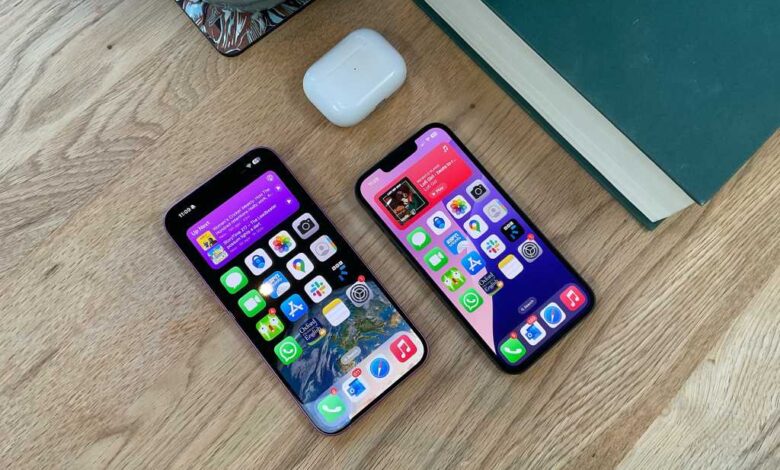Apple’s iOS 19 Could Make Way For iOS 26 at WWDC

Apple is reportedly planning to change its software naming conventions, which could potentially lead to the skipping of iOS 19. This shift in approach may prove to be beneficial for Apple and its users.
Currently, Apple’s software naming system lacks intuitive coherence. With iOS 18, watchOS 11, and macOS 15, there is no clear indication of which platform is the oldest (for the record, it’s macOS). A recent report from Bloomberg suggests that Apple is looking to address this issue starting with what was previously referred to as iOS 19.
Goodbye iOS 19, hello iOS 26
According to renowned tech journalist Mark Gurman, Apple is gearing up to make significant changes to its software naming conventions across all its devices. The forthcoming versions of Apple’s platforms will be identified by the year of their release. This means we can expect iOS 26, macOS 26, watchOS 26, tvOS 26, and visionOS 26 in the future.
This new naming strategy makes logical sense as it will allow users to easily discern the release timeline of each platform. The move towards a year-based naming system will simplify the differentiation of various legacy platforms for users.
Apple is rumored to announce this naming overhaul at WWDC 2025 on June 9, accompanied by a revamped and more cohesive user interface across all Apple devices.
Apple
Apple’s rivals have set the precedent
Apple is not the first tech company to recognize the importance of intuitive software naming. Samsung, in 2020, began naming its flagship Galaxy S smartphones based on the year of release, leading to the Samsung Galaxy S25 this year.
A notable example that closely mirrors Apple’s situation is Microsoft’s approach with Windows operating systems, such as Windows 95, Windows 98, and Windows 2000. However, Microsoft deviated from this logical naming scheme with the release of Windows 11 in 2021.
One potential point of confusion with Apple’s new naming scheme is that it will use the following year for identification, rather than the actual year of release. Despite this minor discrepancy, Apple’s move towards a year-based naming convention is a step in the right direction.





